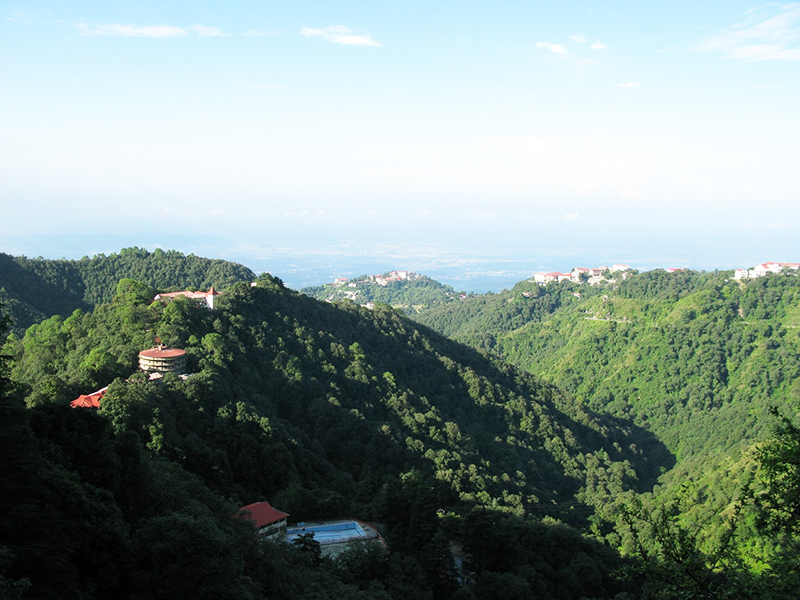This Christmas break, juniors Prashansa Dickson and Dechen Tshering will return home for the first time in two and a half years. To get there, they will have to take three or four flights, experience a ten-hour time change and travel for at least twenty-four hours.
Tshering and Dickson first met through Woodstock, an international school located just outside New Delhi, India. Tshering’s family lives in Nepal, an hour-and-a-half from New Delhi, but she plans to spend three or four days in India before finally heading home.Although the travel will be long, Dickson and Tshering are more worried about culture shock than jet lag.
“The way that I think about it, I’m way more open-minded and not as conservative as my family members back home,” Tshering said. “I think there will definitely be a culture shock.”
Dickson shares those concerns, but also worries about having to monitor certain lifestyle choices, like the clothing she wears.
“I’ve been away from a cultural tradition of where my clothes define me or make people look at me differently,” Dickson said. “I’ll have a hard time listening to my parents tell me not to wear things.”
For Dickson and Tshering, culture shock will occur in other forms as well. There probably won’t be any snow on the ground for Christmas—at least in their parts of the country. And because India is a religiously diverse country, Christmas is just one of many religious holidays celebrated. Unlike the US, India does not devote an entire month to playing Christmas music and promoting the sale of Christmas presents.
“We don’t sneak and try to open our presents early. We don’t make lists,” Dickson said.
In fact, they usually receive only a couple of gifts each Christmas from their parents and grandparents. And they don’t put the presents under the tree.
“It’s not very commercial,” Tshering said.
“Christmas is church and food…lots of food,” Dickson said, referring in particular to the wide variety of flavors that aren’t found in American food.
In addition to their own family traditions, families that celebrate Christmas in India and Nepal almost always have a Christmas tree and a nativity scene—an important piece of the celebration. One of Dickson’s family traditions is traveling to southern India to visit her grandparents and set off firecrackers on Christmas.
Tshering’s family runs an orphanage in Nepal, and every year during Christmas she spends time with the kids, in addition to her own family.
“I’m taking American candy back for them,” Tshering said. “They’re going to be so excited. They’ll save the wrappers.”
It doesn’t take much for Dickson and Tshering to get carried away with talking about the many things they are excited to experience over Christmas break. It’s been two and a half years since they’ve hugged their parents, eaten homemade food and celebrated the Christmas holiday at home.
“[My brother] has been counting the days until I come home since last month,” Tshering said.
But what is home? Considering Dickson and Tshering’s time away from home and family, can they still consider India and Nepal their homes?
“Because my parents have moved around so much I haven’t had a solid concept of what home is,” Dickson said. “So I’ve found home through relationships. Currently I would say my most valuable relationships would be here [at Goshen] and around the US.”
Like Dickson, Tshering found it difficult to come up with her definition of home.
“Usually I would say that home would be where family is,” Tshering said. “But now that I’ve grown, people that share my values are at Goshen. And I went to boarding school when I was eight.”
Tshering thought about it for another minute before finally saying, with confidence: “I have three homes.”



